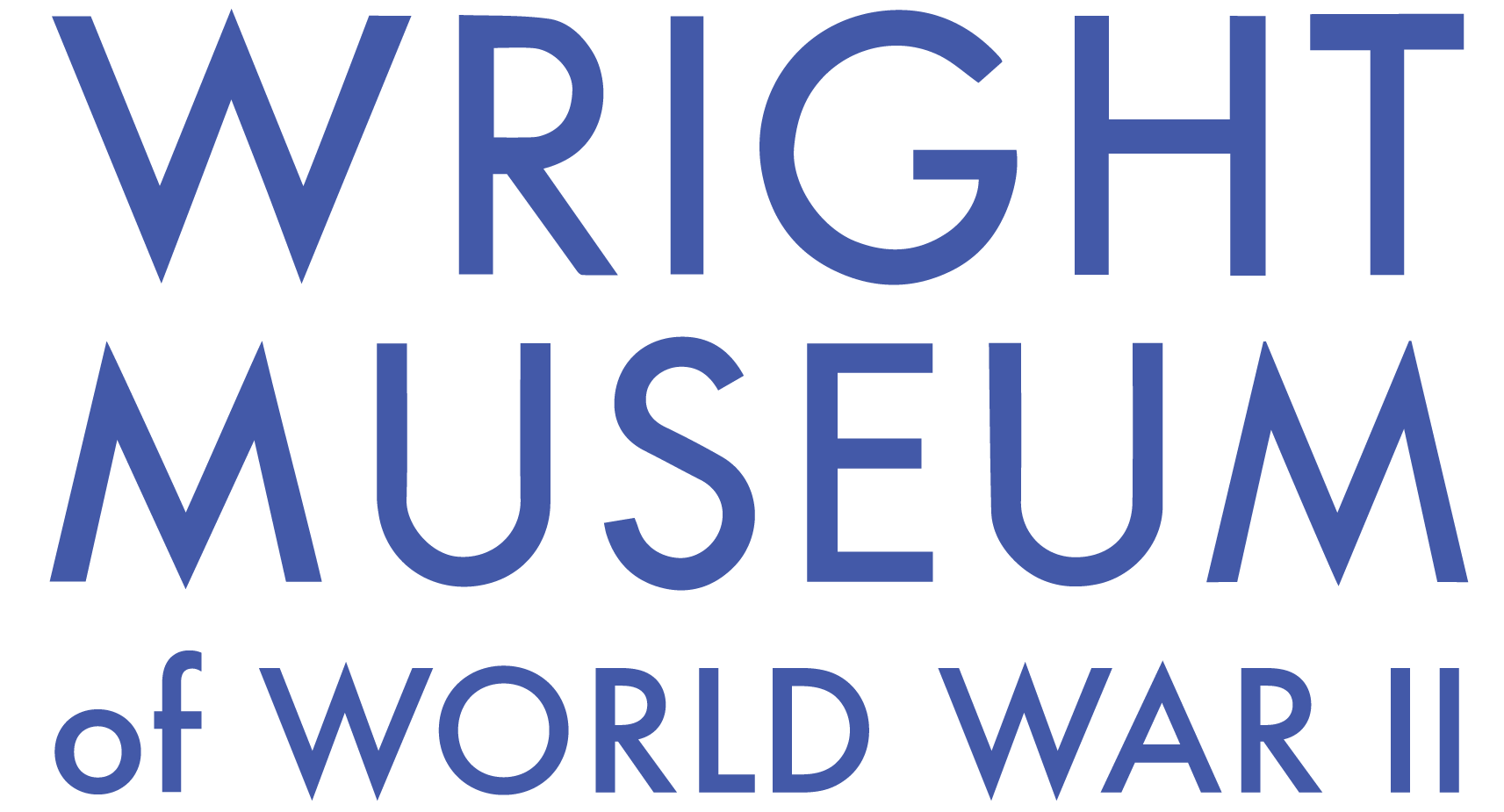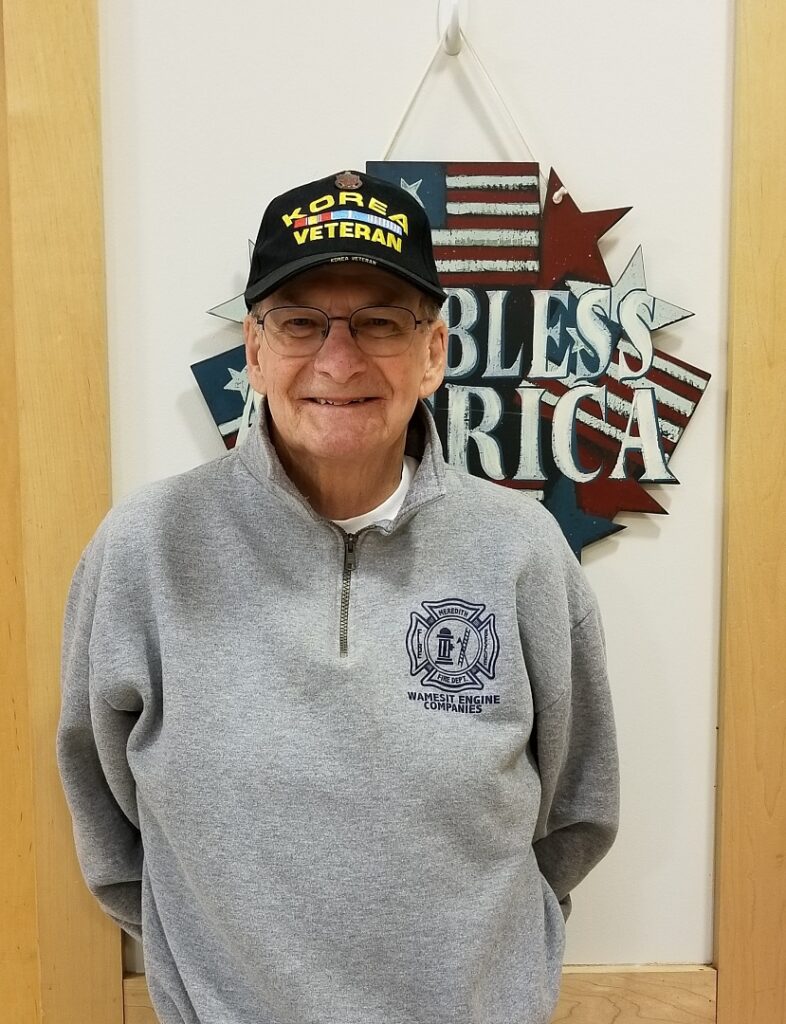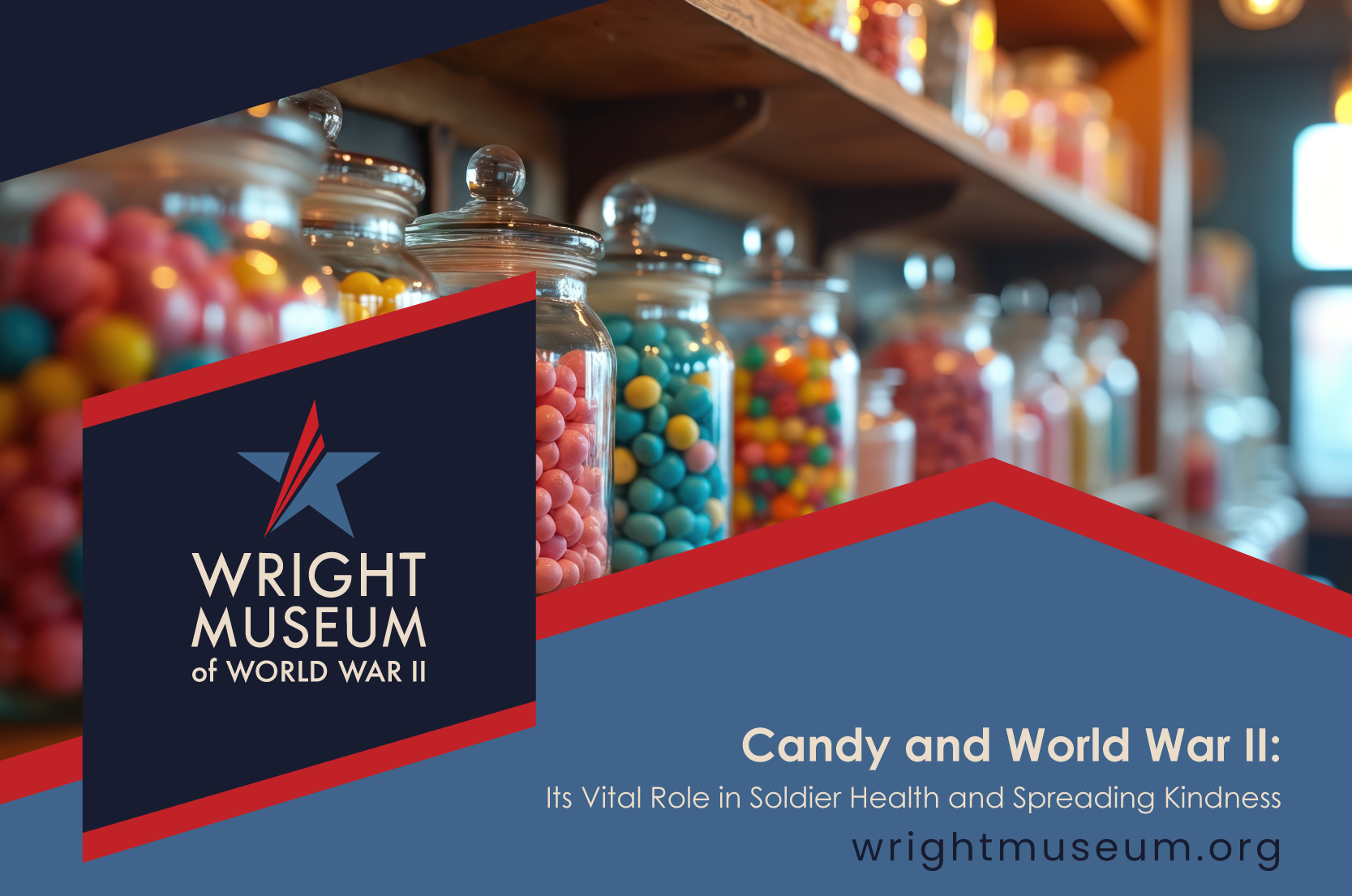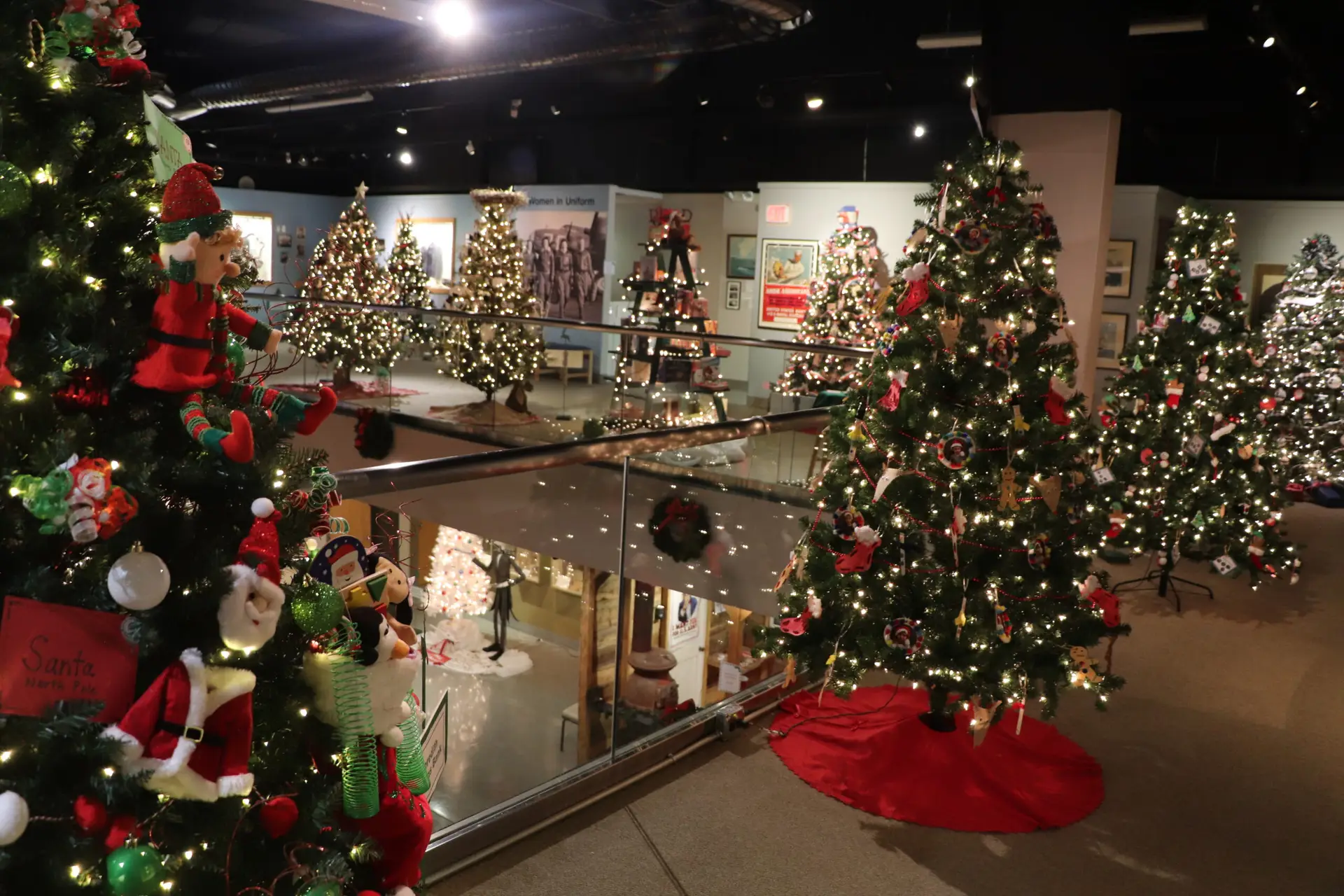For many visitors, the Wright Museum in Wolfeboro is a trip back in time that keeps the history of American freedom alive.
“The museum is a place that sparks a lot of emotion for visitors and most importantly, veterans,” said Executive Director Mike Culver.
The region’s leading resource for educators and learners of all ages on World War II, the Wright Museum features more than 14,000 items in its collection that are representative of both the homefront and battlefield.
Wendell Whitcher, 85 year old Korean War Vet and retired history teacher, said he visited the Wright Museum twice in one month.
“People don’t really understand what we went through,” said Whitcher, who served in the Korean War from 1953 to 1955 and whose four brothers served in the military. “We gave up a lot, but we were willing to at the time.”
In visiting the museum, Whitcher said he especially enjoyed remembering the past. His first visit was with his grandson. A week later, he returned with two fellow veterans.
“I like the way the museum is set up,” he said. “The yearly timeline of events covers just the right amount of information. It shows people the weapons we used and what we sacrificed to gain peace.”
Whitcher said he particularly appreciates the museum for teaching people what life was likeduring the war. He said the museum shows not only what the men went through, but what the women did back at home, which included assisting the Red Cross and making items to send to troops.
He noted his trips to the museum also provided him with a sense of pride for his contribution.
“I remember going to a church that housed child refugees,” he recounted. “The kids were very happy–and to them, there was no war even though disaster was all around them. Seeing the kids reminded me of home and made me want to contribute more.”
“Wendell is an example of the many people that come to visit the museum,” added Culver. “It is a very intense experience for all Americans.”
Whitcher agreed and said it is important for people today to understand history and the struggles that brought America to where it is today.
“As a boy I remember wanting to get a banana to eat, but we didn’t have access to them during the war,” he said. “It is important to remember the small things we take for granted.”
“My mother was not happy when my brothers and I had to go, but when it came time you did what your country asked you to,” he added. “That’s the way it was then…I was happy to do something good, but even happier to come home.”





